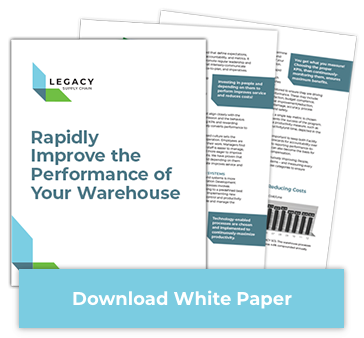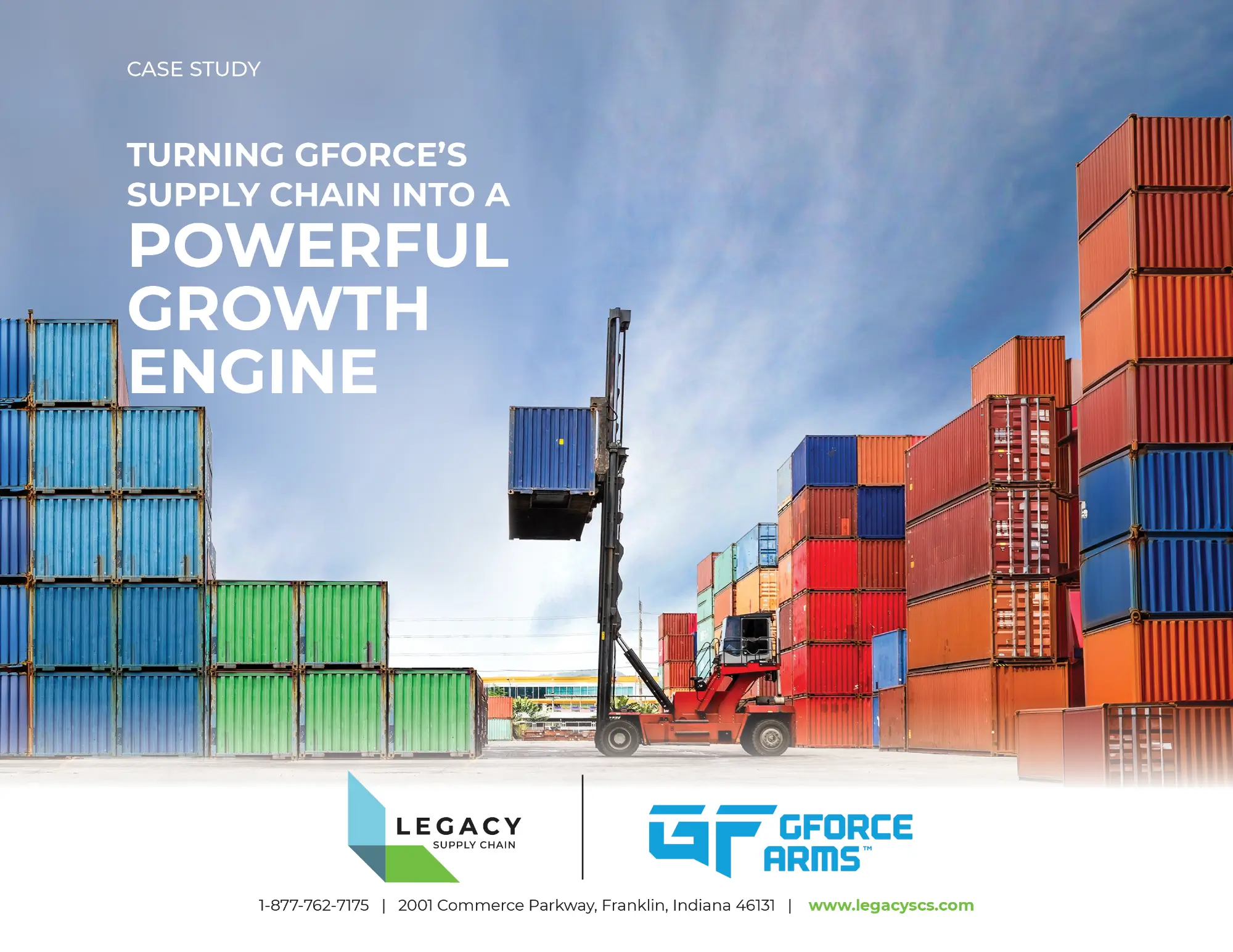Supply Chain Disruption: Mitigating the Risk of Riots, Strikes, Embargoes, and Severe Weather
The reliability and strength of a supply chain can be jeopardized when links in the chain experience disruptions due to labor unrest, severe weather events, looming strikes, and even interruptions due to embargoes or riots in North America and overseas. While some of these types of supply chain disruptions may be difficult to predict, it’s crucial to be prepared for possible delays.
There are steps you can take to help forecast and prepare your supply chain for these types of possible disruptions.
Let’s take a look at the unique risks involved with each of these types of disruptions, and what your supply chain can do to mitigate these risks:
Labor Unrest and Strikes
As a new contract expiration date is on the horizon for the International Longshore and Warehouse Union, or ILWU, the primary labor union of West Coast dock workers, negotiations affecting 29 West Coast ports are underway that may last awhile. If no satisfactory agreement is made by July 1st, the union will go on strike. These kinds of potential strikes can be challenging to forecast, since contract negotiations can sometimes be in flux right up until the near expiration of contract periods.
How to be prepared:
Risk of disruption is the greatest as contracts near the end, so plan for possible disruptions around these dates. There are many good sources of port information out there – try The Journal of Commerce’s “Port News” section, or the news section of U.S. Customs and Border Protection’s site. Securing bookings in advance of possible disruption dates, or even securing alternative methods of transportation will help you avoid supply chain disruption that comes with a port strike. Having a 3PL partner with access to capacity on multiple carriers can keep your options open.
Riots and Embargoes
As exemplified by current riots in Vietnam industrial parks and general political unrest in Vietnam and neighboring Thailand, political undercurrents can cause disruptions in manufacturing and transportation levels of a supply chain, even when protests are unrelated to labor negotiations. In cases like these, risk is increased by actual damage and safety threats, and also a decreased capacity due to various carriers avoiding even the potential of risk. Embargoes can add additional strain, with certain types of commerce or even all commerce being prohibited in various countries within your supply chain.
How to be prepared:
Be familiar with the political landscape in countries that your supply chain operates, and be aware of the domino effect—even if riots may not be happening in the vicinity of your particular factory or port, your cost and capacity may still be affected. Enlist an industry partner with experience in your location, to assist in forecasting how your supply chain may be affected, based on the history of that region.
Severe Weather
The winter of 2013–2014 made headlines for the delays caused by severe weather that occurred around the US and other North American locations. Even sporting events like the Super Bowl can affect timely delivery throughout a supply chain, not to mention holiday delays that can vary in intensity even though they happen every year.
How to be prepared:
Risk mitigation through diversified transportation options allows you to adapt to potential seasonal delays. Having flexibility in your transportation contracts to switch between air, ocean and ground modes, or use alternative carrier options is a major advantage during uncertain times.
There are also larger supply chain steps that can be taken to help mitigate supply chain risk. Looking into your supply chain network design should include considerations for moving goods through certain ocean or inland ports, or allowing for alternate modes of transportation.
In all of these cases and many others, having a third-party logistics partner can go a long way to mitigating your transportation and supply chain risk by giving you flexibility and greater options than you may be able to easily secure on your own. Read more about how a 3PL can help you as a small-to-midsized or large shipper with transportation at home and abroad.
Check out Legacy’s VP of Transportation discuss shipping dilemmas>>>
-
Legacy Achieves Platinum Status for Delivery Excellence From Amazon
When it comes to supply chain performance, the margin for error is razor thin. Customers expect orders to arrive quickly, accurately, and...
+ Read more -
IPS Corporation selects Legacy as 3PL Partner to drive Supply Chain Transformation
FRANKLIN, IN | September 10th, 2025 – Legacy SCS announced that it has been selected by IPS Corporation, a global leader in Water...
+ Read more -
How GForce Transformed Its Supply Chain Into a Powerful Growth Engine
When GForce Arms launched in 2020, the mission was simple but ambitious: deliver affordable, reliable firearms with the speed and...
+ Read more





